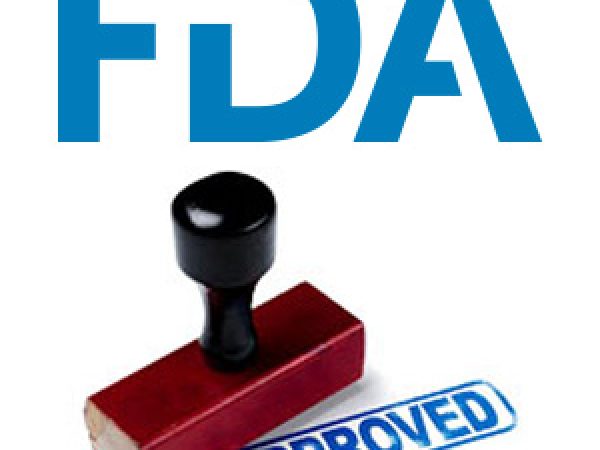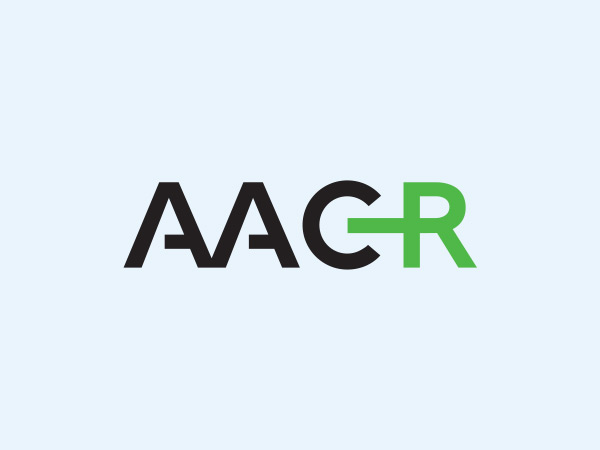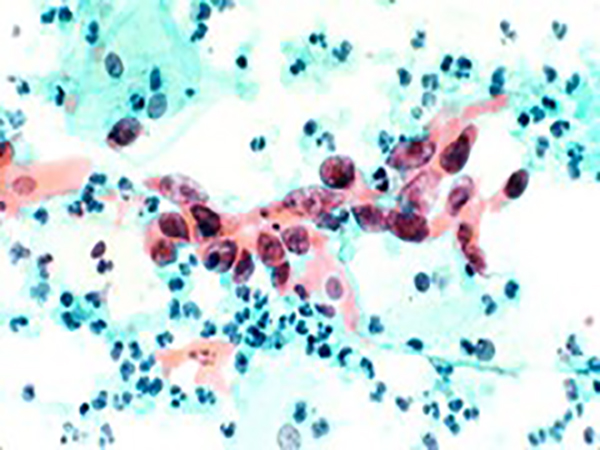Joint Workshop Leads to Recommendations on Novel Drug-Radiation Combinations
Radiotherapy is a mainstay of cancer treatment. In recent years, improved technology has allowed many cancer patients to receive more targeted doses of radiation, which can improve efficacy and spare normal tissues. However, medical experts still strive to combine radiotherapy with targeted anticancer drugs.
In February, the FDA-AACR-ASTRO Clinical Development of Drug-Radiotherapy Combinations Workshop took aim at this issue, convening stakeholders to discuss ways to develop effective combinations. The workshop was cosponsored by the U.S. Food and Drug Administration, the American Society for Radiation Oncology, and the American Association for Cancer Research with support from Cancer Research UK. This past week, several researchers who participated in the February workshop discussed some of the ongoing challenges to such combination development in an article published in Clinical Cancer Research, a journal of the American Association for Cancer Research. They shared some of their observations and future expectations with Cancer Research Catalyst.
“With attendance from patient advocates, regulators, clinicians, academics, and industry partners, the workshop’s diverse interactions identified a number of barriers to drug-radiotherapy combinations entering the clinic,” said Saif Ahmad, MD, PhD, clinical lecturer in clinical oncology at University of Cambridge. “Many of these barriers could be overcome through greater stakeholder collaboration at early stages of drug development, having a transformative impact on the status quo. Our article explores these various challenges and sets out actionable recommendations to increase the success of novel drug-radiotherapy combinations.”
“Substantial progress in research on radiation therapy and other individual modalities has paved the way for trials that combine these treatments to unlock new, powerful cures,” noted Marka R. Crittenden, MD, PhD, a cochair of the workshop and Director of Translational Radiation Research at the Earle A. Chiles Research Institute. “Only one drug-radiation therapy combination has received FDA approval since 2006, however, compared to 130 new drug indications in the same period. Following this workshop, radiation oncologists look forward to greater collaboration with medical oncologists, pharmaceutical companies, and regulators to accelerate progress and bring even more solutions to cancer patients.”
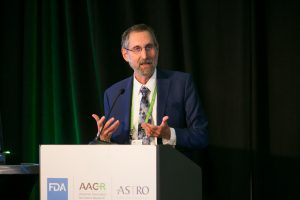
Theodore S. Lawrence, MD, PhD, Chair of the Department of Radiation Oncology at the University of Michigan, served as a cochair for the workshop.
“The time is right to advance drug-radiation combinations, but to make it happen intelligent clinical trial designs are critical,” said Theodore S. Lawrence, MD, PhD, past chair of AACR’s Radiation Science and Medicine Working Group, professor and chair of the Department of Radiation Oncology at University of Michigan, and workshop cochair. “With biomarker-driven, evidence-based patient selection, careful radiotherapy quality assurance, and adaptive trials designs, I believe more trials will reach their primary outcomes, and we’ll see these combinations receive FDA approval and be brought to the clinic.”
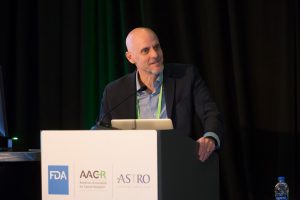
Stephen M. Hahn, MD, chief medical executive of The UT MD Anderson Cancer Center, served as workshop cochair.
“To conduct good trials, we have to select the right endpoints. Classic primary endpoints like disease- free survival and overall survival may be impractical for drug-radiation combination clinical trials,” said workshop cochair and AACR Radiation Science and Medicine Working Group member Stephen M. Hahn, MD, chief medical executive of The University of Texas MD Anderson Cancer Center. “Local control, organ preservation, and patient-reported outcomes are common early endpoints that can and should be considered for these trials.”
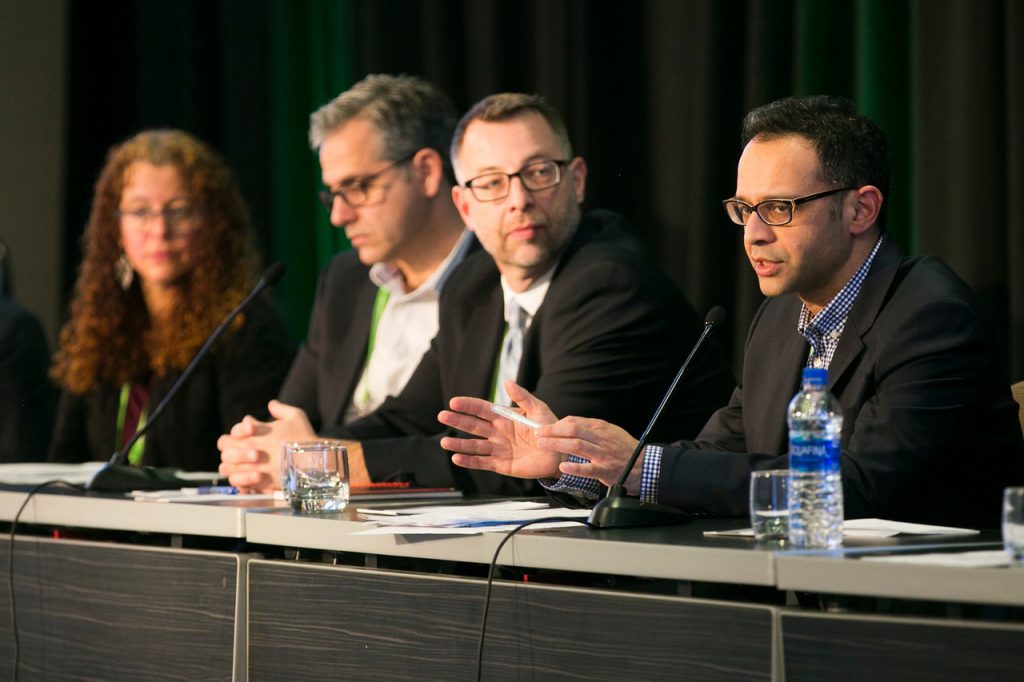
Paul G. Kluetz, MD, FDA, and Ricky A. Sharma, MD, PhD, University College London, participate in a panel discussion with Zelanna Goldberg, MD, MA, and Robert Iannone, MD.
One of the perceived challenges preventing development of drug-radiation combination therapies was lack of a clear regulatory pathway. “Each development program is unique,” said Gideon M. Blumenthal, MD, acting deputy director of the Office of Hematology and Oncology Products and Oncology Center of Excellence, FDA. “Come speak with the FDA at an early stage in the development of your combination so we can discuss what you are trying to achieve and provide advice. While there is no drug-radiation combination specific guidance, the regulatory thinking outlined in the drug-drug combination guidance is certainly relevant.”
To learn more about the FDA-AACR-ASTRO Clinical Development of Drug-Radiotherapy Combinations workshop, meeting materials including select webcast recordings, presentation slides, and full transcripts are available here. (Please note that meeting materials from some presentations have been withheld at the discretion of individual speakers).
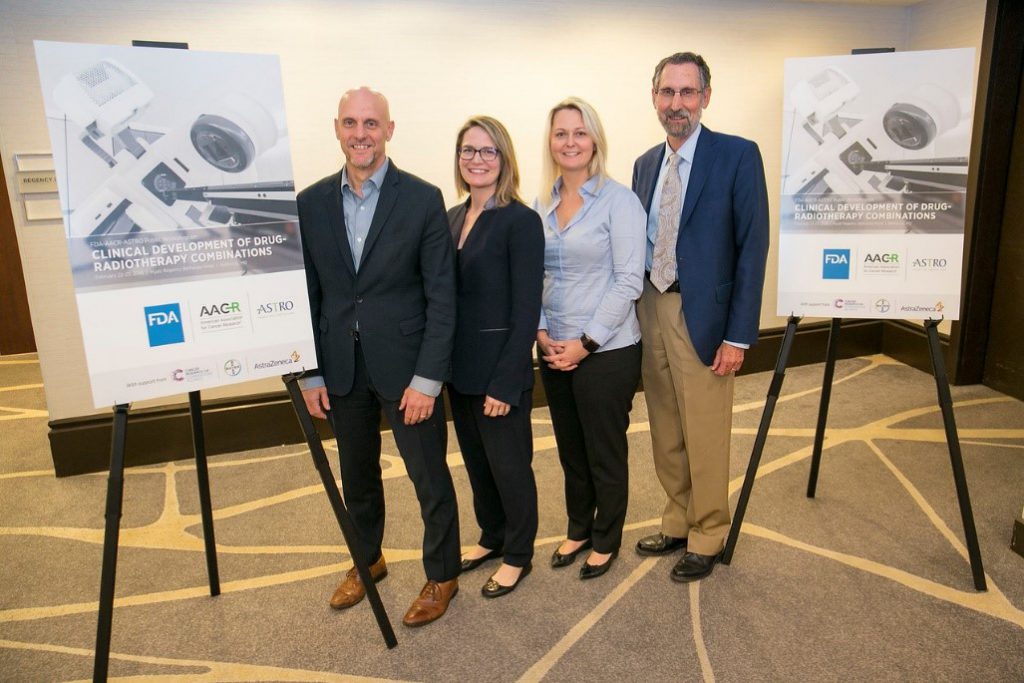
Workshop cochairs Stephen M. Hahn, MD; Amanda Walker, MD; Marka Crittenden, MD, PhD; and Theodore S. Lawrence, MD, PhD (not pictured: Phouc T. Tran, MD, PhD).


